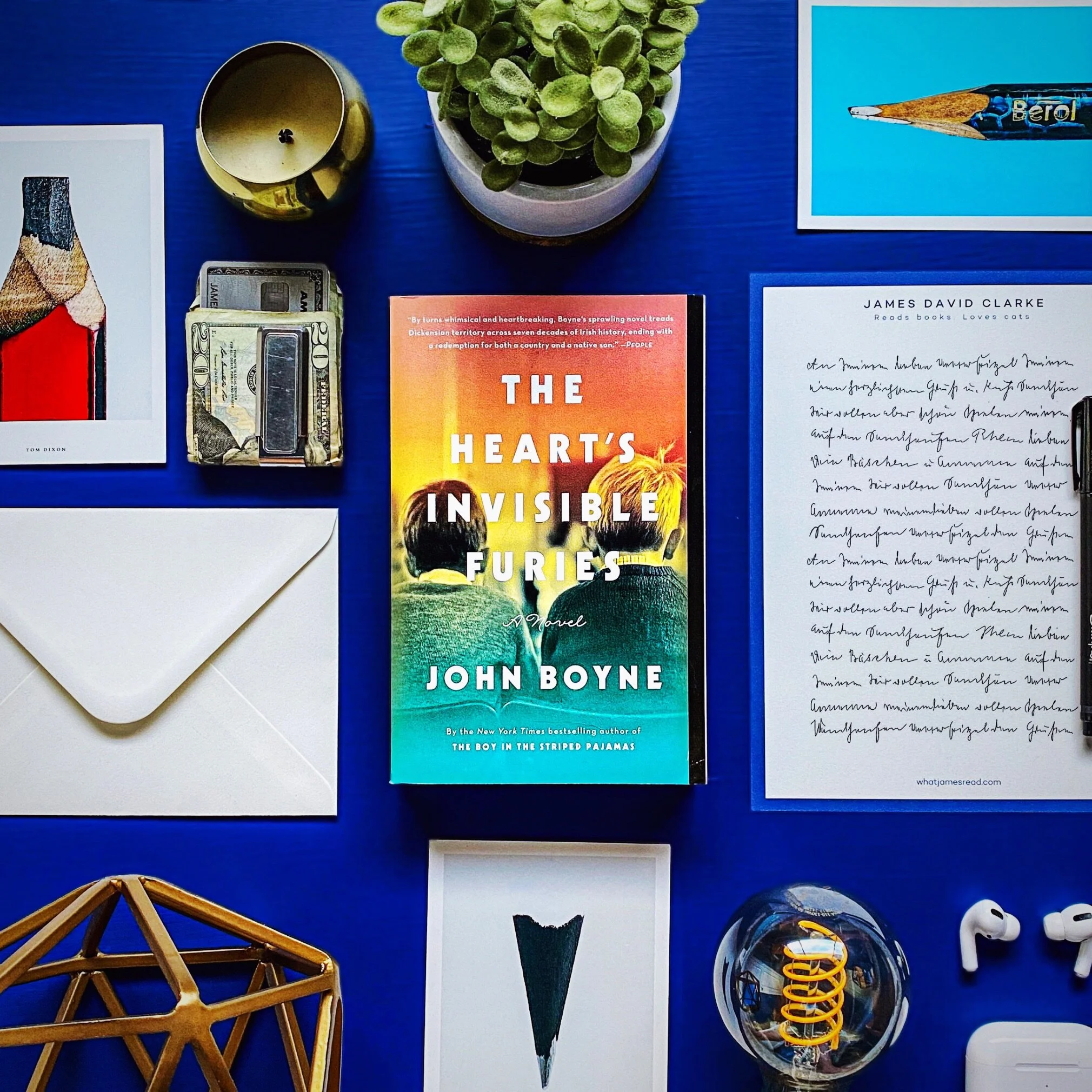Down and Out in Paris and London - George Orwell
I’ve loved George Orwell’s writing since I studied what is considered, by most, to be his defining work, Nineteen Eighty-Four. In an A-Level English Literature module, we critiqued his dystopian text alongside Aldous Huxley’s utopian Brave New World. We’d likely refer to these novels if they were released today as speculative fiction. Almost twenty years ago, it was Orwell’s bleak and oppressive totalitarian vision for the future of England that impressed upon me, more so than Huxley’s world of mass production, homogeneity, predictability, and consumption - despite this probably being the more prescient of the two.
In amongst all of the new books I devour as a keen reader, I come back to Nineteen Eighty-Four more than any other. Yet, until quite recently, I’d never expanded my knowledge of his repertoire, Animal Farm aside (a book on which I’m not that keen). I picked up a copy of Keep The Aspidistra Flying in 2014 and fell in love with Orwell all over again, chastising myself for not reading more of his work sooner. I made my way through his essay Why I Write soon after, and that love became an obsession. Last year I made my way through Dorian Lynskey’s extremely comprehensive Ministry of Truth: The Biography of George Orwell’s “1984,” devouring it one weekend in two sittings.
Down and Out in Paris and London certainly ranks highly as some of my favourite of Orwell’s writing. A man who could very easily have lived a life of privilege as part of the British aristocracy chose to - in the interest of his ambition as a writer - live in abject poverty in Paris and London to better understand the struggles of the working man.
Auto-fiction is certainly a genre that is on the rise presently, and Orwell really mastered that style in the early twentieth century. Everything contained within actually happened. The work is based on his diary entries as he worked seventeen-hour days for a straight month as a dishwasher in the grotesque hotels of Paris. Tramping across England moving from prison to prison, he took notes, stripped naked and searched for tobacco or money, before being allowed to pay for a night’s accommodation in a rat-infested cell.
Orwell’s searing social commentary is incredibly powerful and speaks directly to so many of the issues our society is still facing today. There are profound lines dotted throughout, as Orwell muses on the differences between rich and poor. He says of the tramps he is living alongside, “Poverty frees them from ordinary standards of behaviour, just as money frees people from work,” and of his experiences in the streets of London as a starving and penniless man, “It is fatal to look hungry. It makes people want to kick you.”
Orwell’s earlier works are all stepping stones toward his magnum opus, and in reading them, one sees, in passages or scenes, glimmers of what will become the world of Oceania or the man that will become Winston Smith. For that reason alone, if you haven’t read any of Orwell’s essays or pre-1984 fiction, I implore you to do so. Down and Out in Paris and London is the diary of a man honing his craft, and living his life in such a way as to find the story he is destined to tell.
⭐️⭐️⭐️⭐️⭐️/5
Like this post on Instagram here.
Follow @whatjamesread on Instagram.
Find me on Goodreads here.
Buy Down and Out in Paris and London on Apple Books or Amazon.






